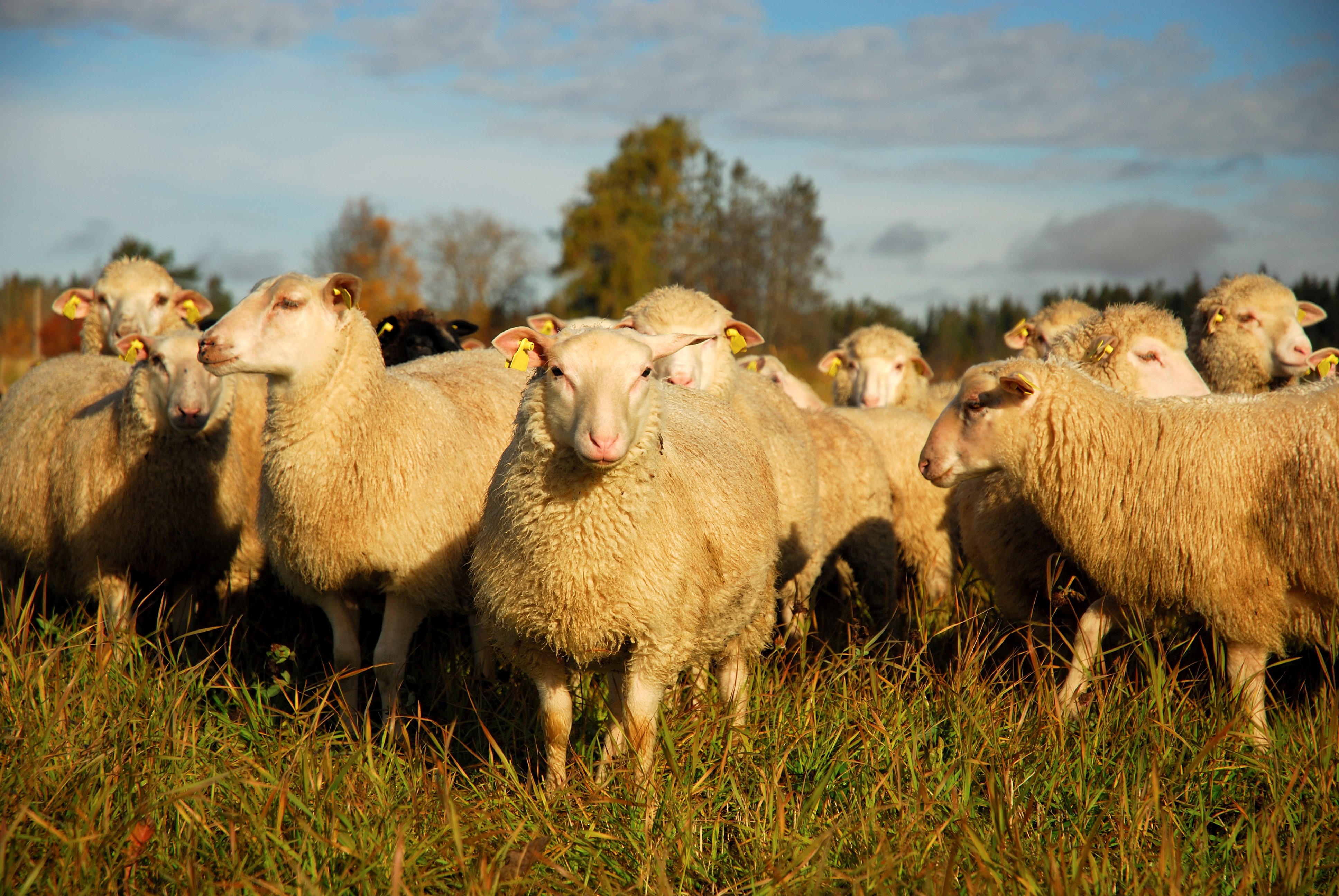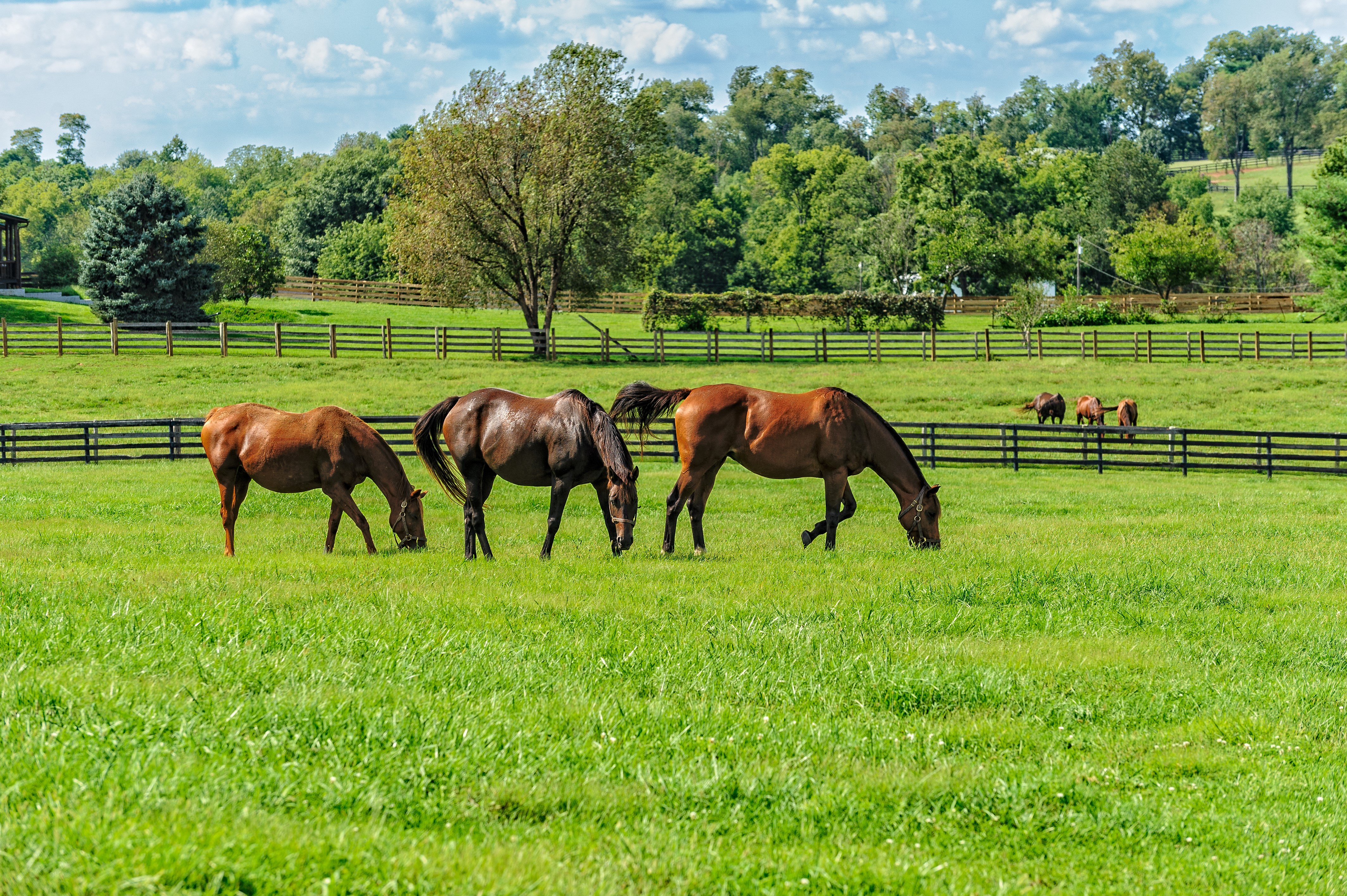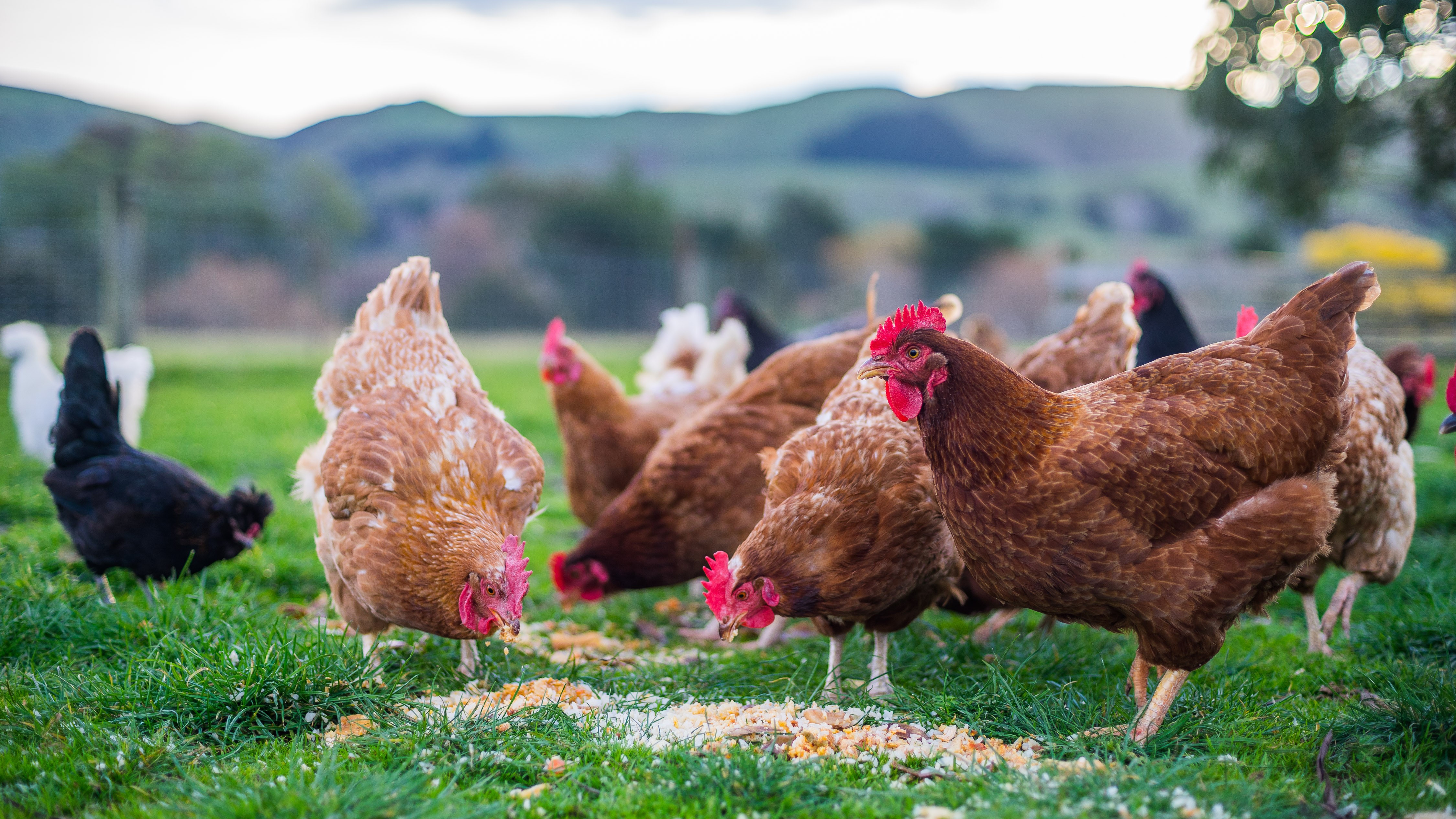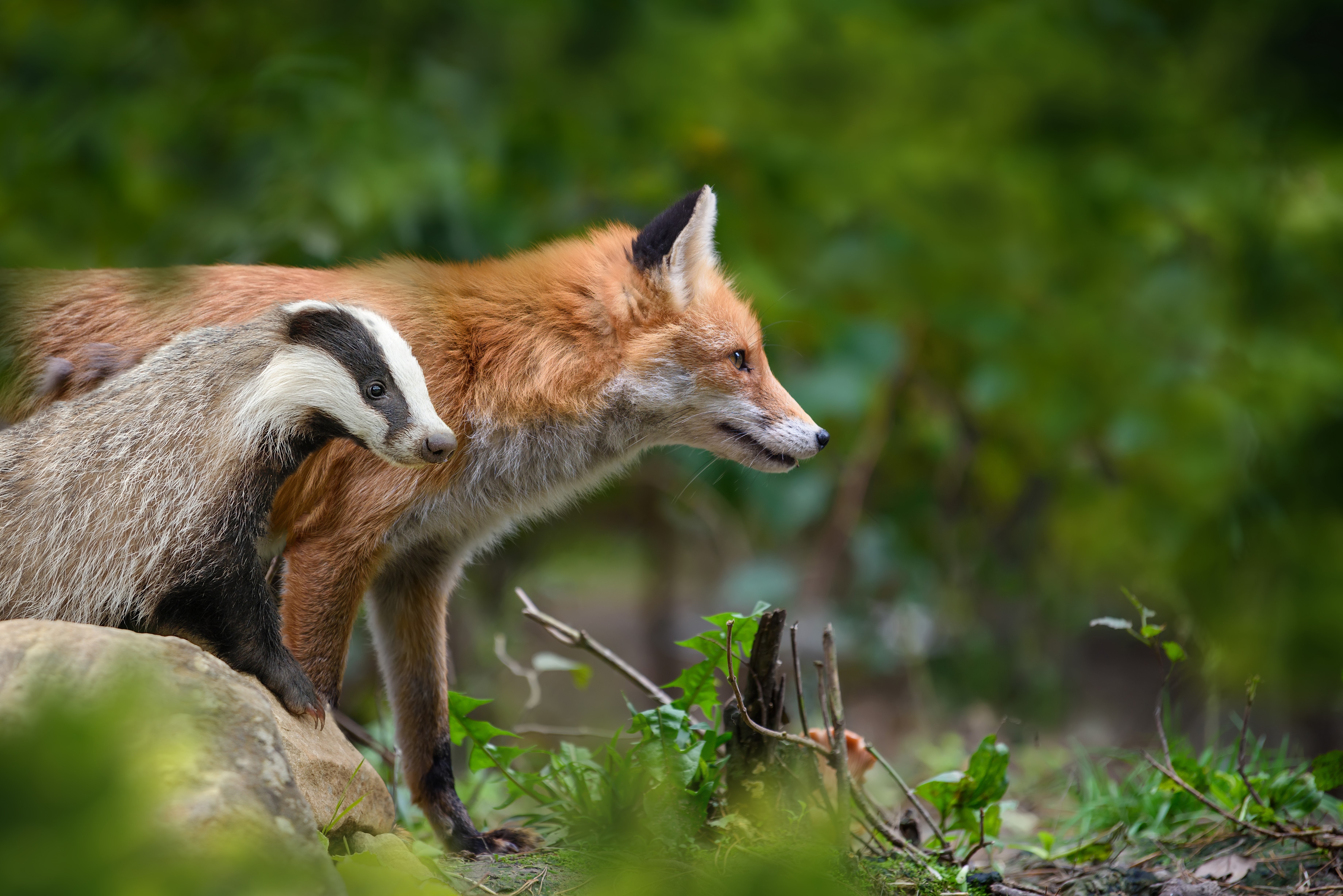About Us
Animal health surveillance refers to the collection, processing and dissemination of animal health and disease information. The Department of Agriculture, Food and the Marine (DAFM) has a central role in design, coordination and implementation of various surveillance programmes in Ireland, which together protect and enhance Ireland’s positive animal health status. More information about the overall structure of DAFM and its management can be found here.
Within DAFM, the NDCC division is responsible for surveillance co-ordination, and for facilitation of information exchange through the animal health surveillance (AHS) website. The AHS website has the function of providing information on animal health and on patterns of disease occurrence in a useful format. For detailed information on treatment, prevention and control of diseases, and on DAFM’s policies on different diseases, please visit the animal health and welfare section of the DAFM website here.
Passive surveillance is that initiated by the observer of animals, and incorporates both disease reporting and laboratory-based passive surveillance.
DAFM’s National Disease Control Centre (NDCC) is responsible for preventing the incursion of serious exotic diseases and for having contingency plans and procedures in place to deal with outbreaks of exotic diseases if they occur. DAFM has sixteen Regional Veterinary Offices distributed throughout the country. These offices are the usual point of contact for those wishing to report exotic disease suspect cases.
DAFM’s laboratory service operates six Regional Veterinary Laboratories, which are strategically located around the country. These are centrally involved in laboratory based passive surveillance, whereby farmers and vets voluntarily submit carcases and samples for diagnostic testing, allowing the detection of both endemic and exotic diseases.
Active surveillance is that initiated by the investigator. DAFM is the investigator responsible for many of the active surveillance programmes in Ireland. Such programmes are carried out in a wide range of species. Examples of active surveillance programmes carried out in Ireland include the TB testing programme and the BSE testing programme.
Animal health surveillance is undertaken to:
- Safeguard the health status of our national herd and fish stocks.
- Enhance the value and competitiveness of Irish animals and products.
- Contribute to disease control and eradication efforts.
- Contribute to the One Health concept and protect human population from zoonotic disease; safeguarding the food we produce and consume.
- Ensure optimal preparedness in the event of an exotic or newly emerging disease outbreak.
- Protect the health status of animals used for companionship and sport.
About Us
To see contact details for the various groups within DAFM which are involved in surveillance, please click here.






